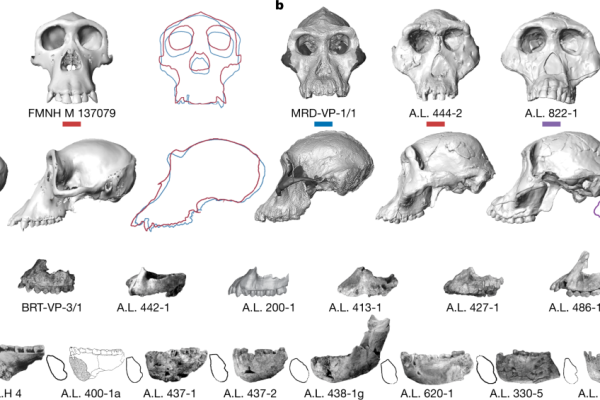
The Role of Microbiomes in Animal Behavior
The role of microbiomes in animal behavior has unveiled a new dimension in biological research. These microbial communities influence a wide range of behaviors, from social interactions and mating preferences to stress responses and even predatory instincts. Through the gut-brain axis and chemical signaling, microbiomes act as key regulators of neurological functions and behaviors in species ranging from insects to mammals. Understanding the profound connection between microbiota and animal behavior offers revolutionary insights into evolution, adaptation, and ecological systems.








